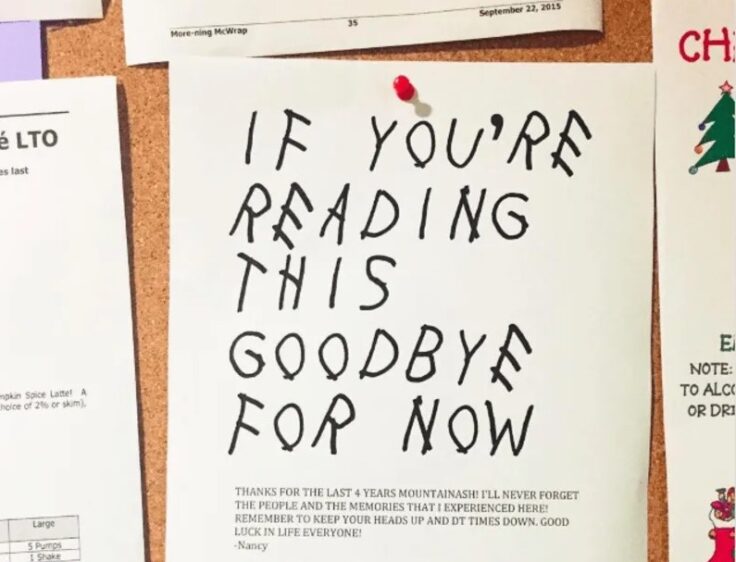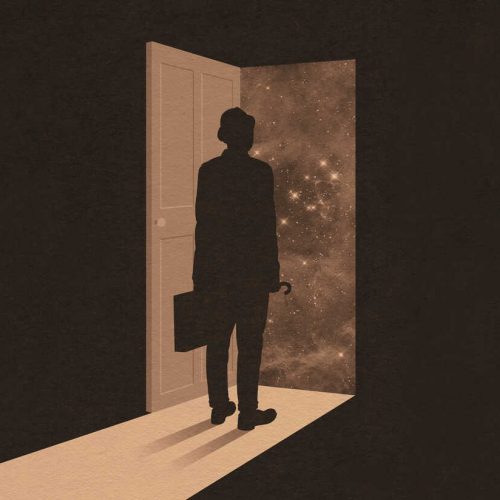It goes without saying that the pandemic has changed a fair bit of our lives. The most obvious of which is the perception and value we hold towards our health, lives, routines and of course, work.
We’ve had the chance to slow down, and with that came the realization that pre-COVID life was hectic. I’d even go as far as describing it as overwhelming. Most of us can’t imagine how we even managed to juggle school, work, socializing and hobbies. We did it anyway, and our mental health took a toll in the end.. Just ask the people around you how they received the first few weeks of lockdown, and you’ll find them nostalgic for the time off.
“It really was a nice break from real life. I could finally get going with all the stuff that I wish I could find more time for before,” says Ahmed ElFarsi, who worked as an accountant before the pandemic began. “Making bread for example or working on making music, learning how to edit video, basically all the stuff I delayed because I was over-stressed and overworked. It was a good period to harness your skills and take on some new ones. Those that actually make me happy, content and satisfied of myself.” he explains.
People were aware of this and so were employers. And they actively played their part. Adobe made their programs free for a month for people to get creative and explore corners of their minds in the early days of lockdown. COVID-panic aside, it somehow still felt like a blessed time. Almost like a perfect holiday spent discovering on one’s self. But obviously, a global pandemic and impending doom had other plans. 56% of Gen Z and 55% of millennials said they would quit their job if it interfered with their personal life, and over half said they would reject a job offer from a company that didn’t share their views on social and environmental concerns. Two-fifths of those polled indicated they wouldn’t mind working for less money if it meant they could make a positive contribution to society.
The blissful period was only short-lived. The slow realisation that this disease was going to be a full part of our daily routines hit hard. But what was even more difficult was getting back to a ‘regular’ work routine. Overworked, underpaid, and working in an environment where COVID-19 is present? It’s no surprise that so many people have resigned their jobs and are now rethinking what they want – and need – from a work.
The repetitive work, eat, sleep formula had most of us on the ropes. As a result, we slowly saw more and more people quitting their jobs from one day to the other, changing careers to pursue more creative-based opportunities or even just to extend that break for the inner peace it provided them with. It’s as if people started realising how fragile and short life was. Put simply, working for a company you don’t like and doing tasks you don’t enjoy just seemed like it wasn’t worth it anymore.
“When you’re caught with work every day, it’s so hard for you to see what bothers you. You get used to it because you’ve done it so many times and it quickly turns into the new norm” says Ahmed. “The break of that through lockdowns got me reassessing my values, what I’m actually doing with my life and try to align what I want to do with the way that I work. And my job back then wasn’t it so I just decided to quit and explore what was out there for me.”
“It was a bit of a financial struggle at first but I have no regrets at all now that I’ve found something that suits me better. The amount of money that I’m getting right now might not be the same but I feel better. And that’s what matters to me the most at this point,” he continued.
Turns out, my friends weren’t the only ones going through this. In fact, a whole generation seems to be pledging allegiance to this new, less-toxic and healthier lifestyle. A phenomenon that’s even got its own name: the Great Resignation.
In simple terms, it’s a trend that saw employees, and sometimes even employers, struggle to re-accommodate to life in their respective industries that have too often treated workers as nonessential. The result of this? People not readjusting to the psychological effort work puts you through and desperately started leaving their positions at any cost.
People are valuing life beyond money and are actively looking for ways to escape the burdening capitalist society we live in. We’re valuing our time with family and our mental health more while toxic work culture is forcibly making its way out.
It seems, being human is what matters now. Not to fall back into the cringe “YOLO” era, but it looks like there are elements of it making a resurgence.









